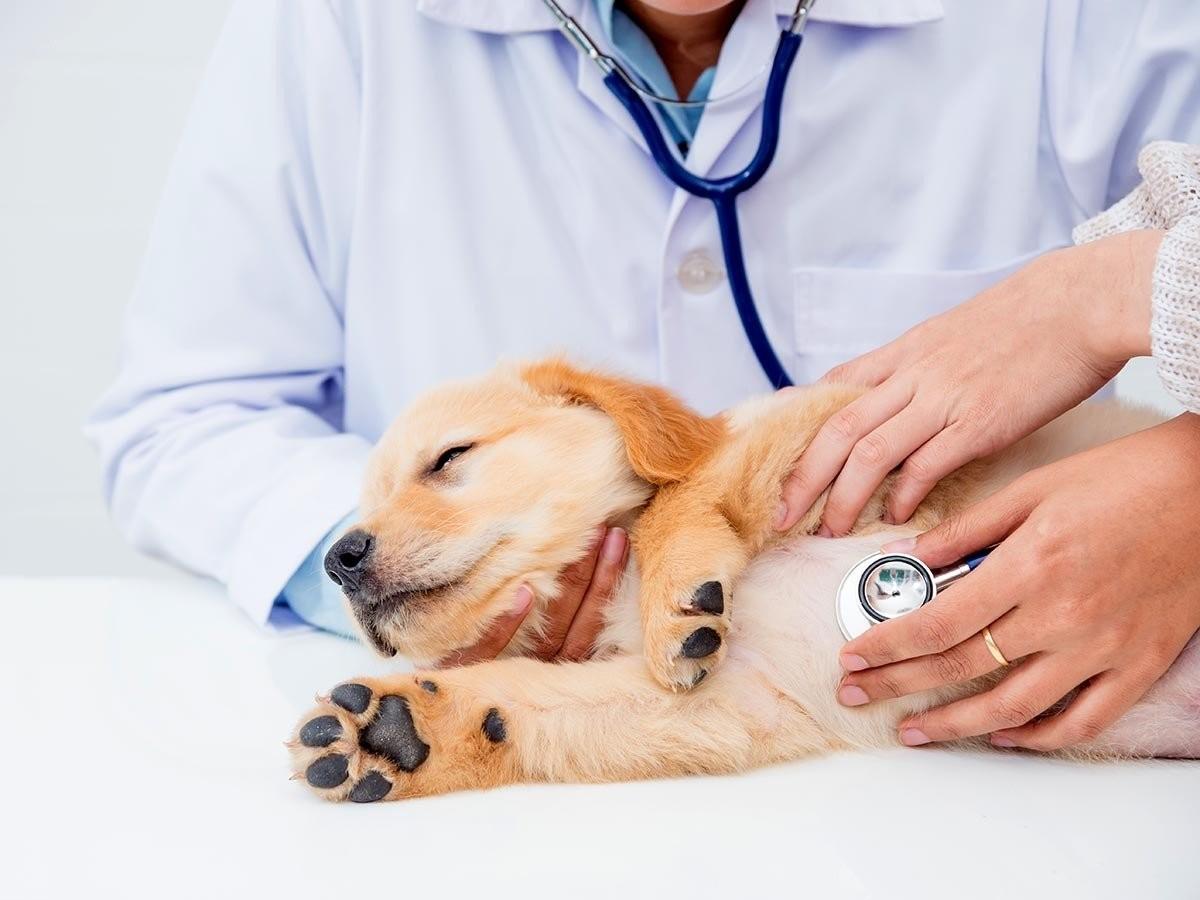Spaying and neutering, the surgical removal of reproductive organs, are among the most common veterinary procedures for dogs and cats. These surgeries can offer numerous benefits, including preventing unwanted litter, reducing the risk of certain cancers, and potentially reducing behavioral issues. However, the recovery period following these procedures requires careful attention and proper care to ensure a smooth and comfortable healing process for your beloved pet.
How to Help My Pet Recover After Spaying?
1. Limit Activity and Rest
After spaying or neutering, your pet will need plenty of rest to allow their body to heal properly. Avoid excessive exercise, strenuous activities, or rough play for at least two weeks, or as instructed by your veterinarian. Excessive activity can strain the incision site and hinder the healing process.
2. Prevent Licking or Chewing at the Incision
Licking or chewing at the incision site can lead to infection and complications. To prevent this, your veterinarian may prescribe an Elizabethan collar, commonly known as a cone, to protect the incision while it heals. Ensure your pet gets used to the cone before returning home and monitor them closely when they are unsupervised.
3. Keep the Incision Clean and Dry
Maintaining cleanliness around the incision site is crucial for preventing infection. Avoid bathing your pet for at least two weeks, or as instructed by your veterinarian. If the incision gets dirty, gently clean it with a mild antiseptic solution and a clean cloth.
4. Monitor for Signs of Complications
While most pets recover smoothly from spaying and neutering, it's important to be aware of potential complications. Monitor your pet for signs of infection, such as redness, swelling, or discharge from the incision site. Also, watch for lethargy, loss of appetite, or any abnormal behavior. If you notice any of these signs, contact your veterinarian immediately.
5. Provide a Comfortable Recovery Space
Create a quiet, comfortable space for your pet to rest and recover. This should be a quiet area away from other pets and children. Provide plenty of soft bedding and avoid placing food or water bowls near the incision site.
6. Follow Your Veterinarian's Instructions Carefully
Follow your vet's instructions regarding medication, activity restrictions, and post-operative care. Don't deviate from these recommendations without consulting them first.
7. Seek Veterinary Guidance if Unsure
If you have any concerns or questions about your pet's recovery, don't hesitate to contact your vet. They are always available to provide guidance and reassurance during this important time.
Is it Normal for My Pet to Behave Strangely After Surgery?
Following surgery, you may observe some behavioral changes in your pet during the first 24 to 48 hours, as noted by DVMs Tammy Hunter and Catherine Barnette in their article "Post-Operative Instructions in Dogs." A decrease in appetite due to nausea is a common occurrence.
To help minimize the risk of vomiting, consider dividing your pet's meals into smaller portions. The effects of sedation may linger for 24 to 48 hours, resulting in drowsiness, which is a normal post-surgical response. If these behavioral changes persist beyond the initial recovery period, contact your veterinarian to rule out any underlying medical concerns.
Is It Expensive to Spay My Pet?
The average cost of spaying or neutering a dog in Canada can range from $250 to $500, according to the Ontario SPCA. This cost can vary depending on several factors such as the type of clinic or hospital chosen, additional services provided, and any additional expenses such as pre-operative tests and medications.
Key Takeaways
Spaying and neutering are essential procedures for responsible pet ownership, offering numerous benefits for both pets and their owners. However, the recovery period following these surgeries requires careful attention and proper care to ensure a smooth and comfortable healing process. By following the 7 essential tips outlined in this article, you can provide your beloved pet with the nurturing care they need to recover safely and return to their playful, energetic selves. Remember, your pet's well-being is paramount, and your dedication to their post-operative care will be instrumental in their successful recovery.

Creative manager by day, pet enthusiast all the time! After 19 years with my dog (hopefully he wins the award for oldest pet in the world), I enjoy spending my days brainstorming tail-wagging content, and sniffing out the latest trends in the pet world.
"Post Operative Instructions in Dogs, VCA Animal Hospital, https://vcahospitals.com/know-your-pet/post-operative-instructions-in-dogs, n.d.
"Fees for Ontario SPCA Spay-Neuter Services," Ontario SPCA, https://ontariospca.ca/what-we-do/spay-neuter/spay-neuter-fees, n.d.












